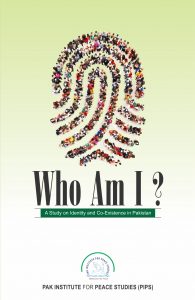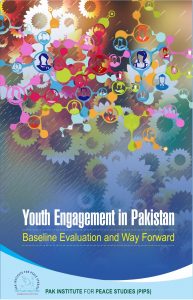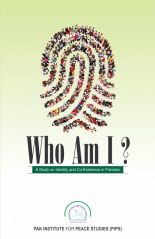Trending
- Adhering to Shared Values and Common Ground is Key to Promoting Diversity
- Upholding the Constitution: A path to social cohesion in Pakistan
- Pakistan needs an empowered local government system to decrease extremism
- Diversity is a recipe to end disputes in society
- Terrorism-related fatalities spiked by 73 percent in February
- Society has yet to acknowledge the existing diversity in Pakistan
- Intolerance and Extremism Hinder Peaceful Coexistence in Pakistan
- Dialogue is key to bringing tolerance and harmony in society
- Alternative narratives needed to counter extremism among youth
Publications on countering violent extremism
Teachers Engagement
Teachers stand as key pillar in any attempt of reforming education, which is essential to bring about inclusive society. They are the ones who communicate with students in a classroom; a sensitized teacher is open to diversity in the classroom. Realizing this, Pak Institute for Peace Studies (PIPS) has been engaging teachers of universities, colleges and higher secondary schools for tolerant, inclusive education, especially in pedagogy and curricula. Key themes that are explored in such engagements are dominant narratives in educational discourse and their implications for peace and social cohesion; problematic areas in university/college curricula, textbooks and teaching; among others. Teachers have come from all over all over the country, including Gilgit-Baltistan and Azad Jammu and Kashmir, and from diverse disciplines, including Islamic Studies and Pakistan Studies – two subjects deemed compulsory at all levels of education in Pakistan. The mode of engagement has usually been sensitization workshops, training, and lately, critical discussions and dialogues with learned scholars.







 Youth Engagement in Pakistan: Baseline Evaluation and Way Forward
Youth Engagement in Pakistan: Baseline Evaluation and Way Forward





























